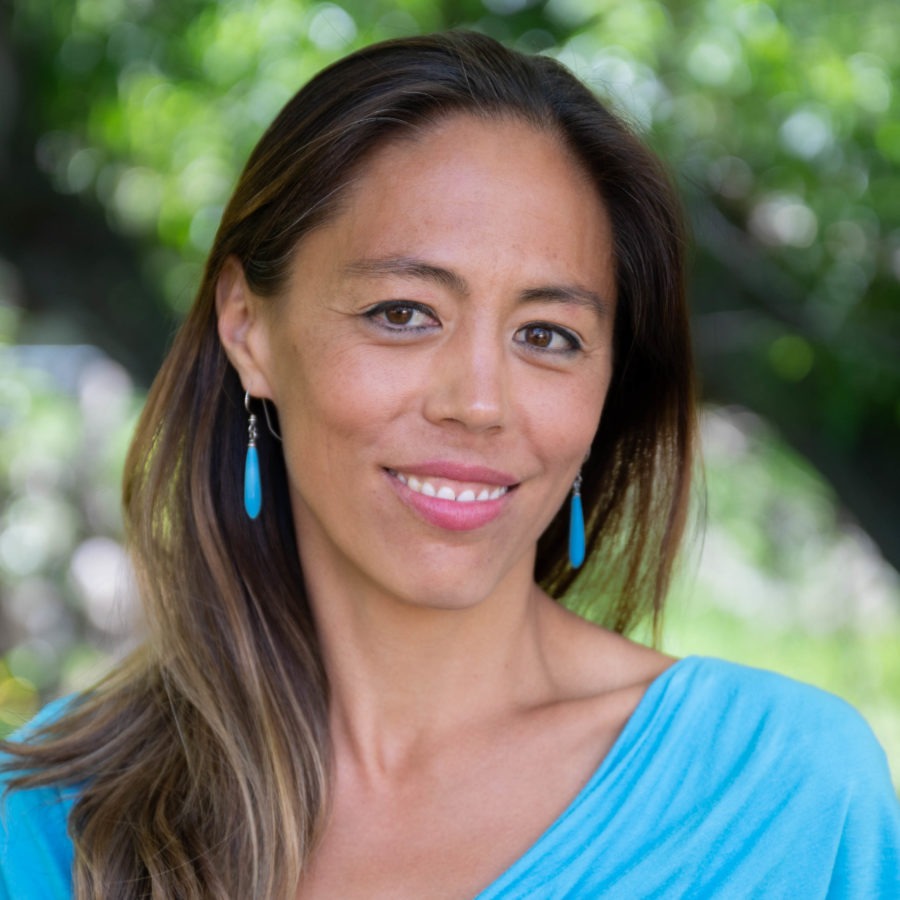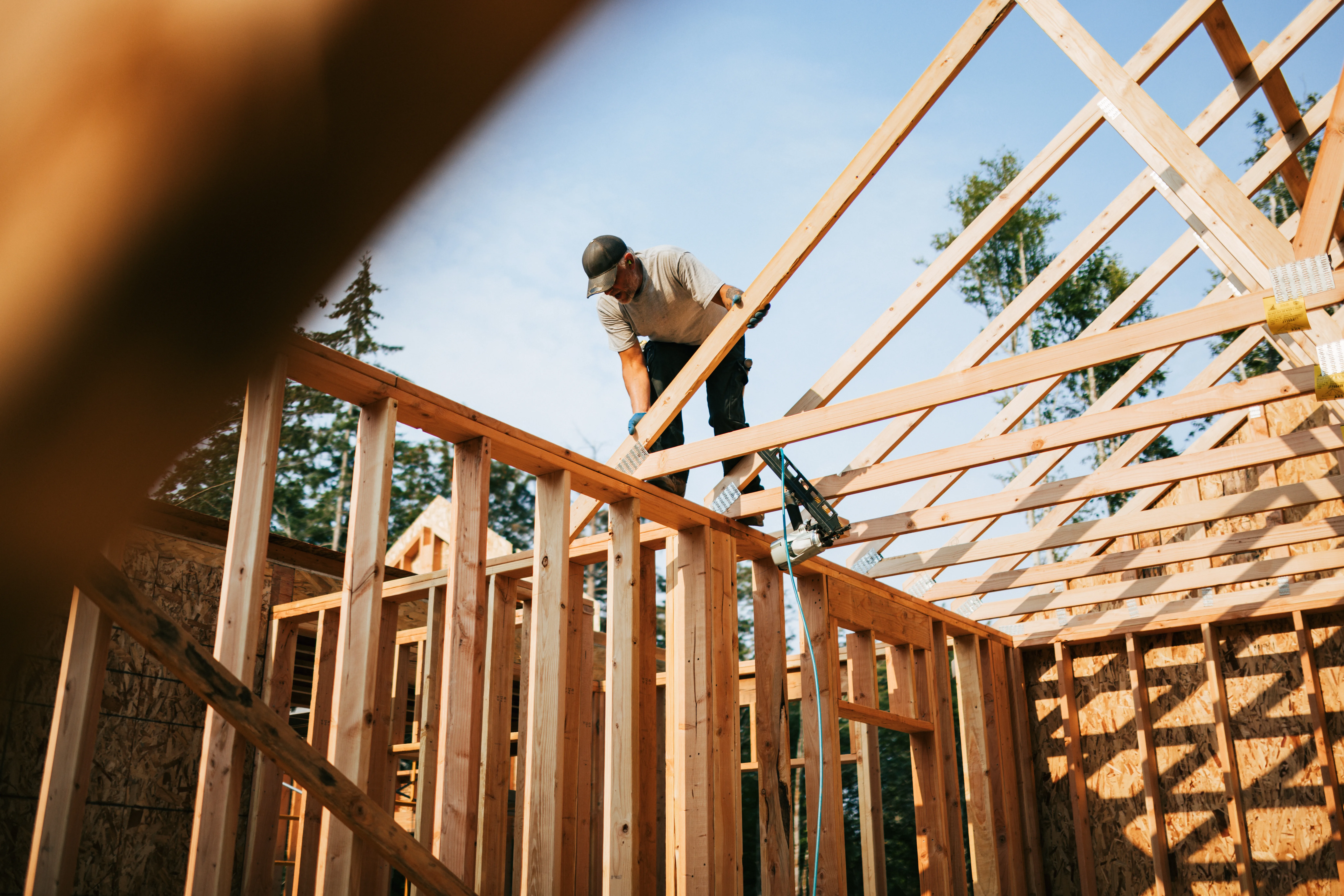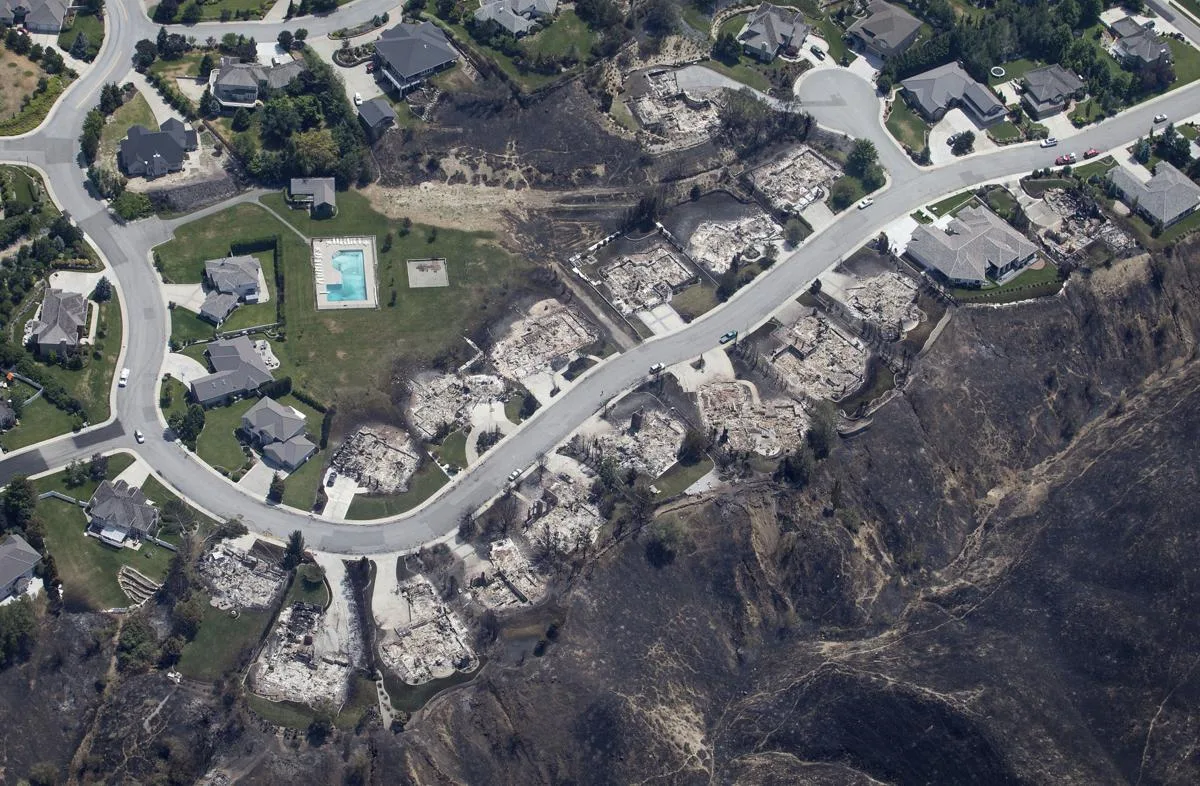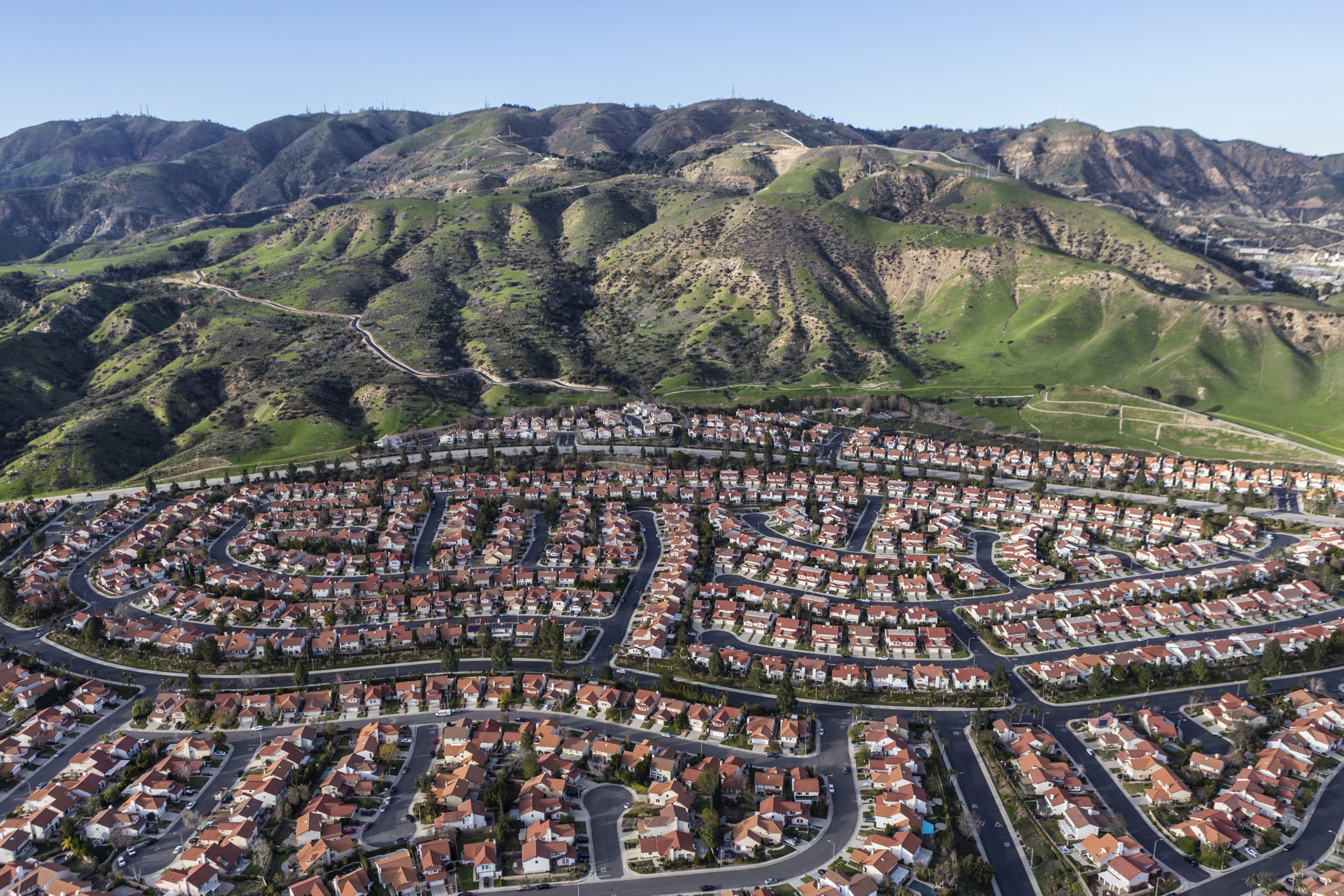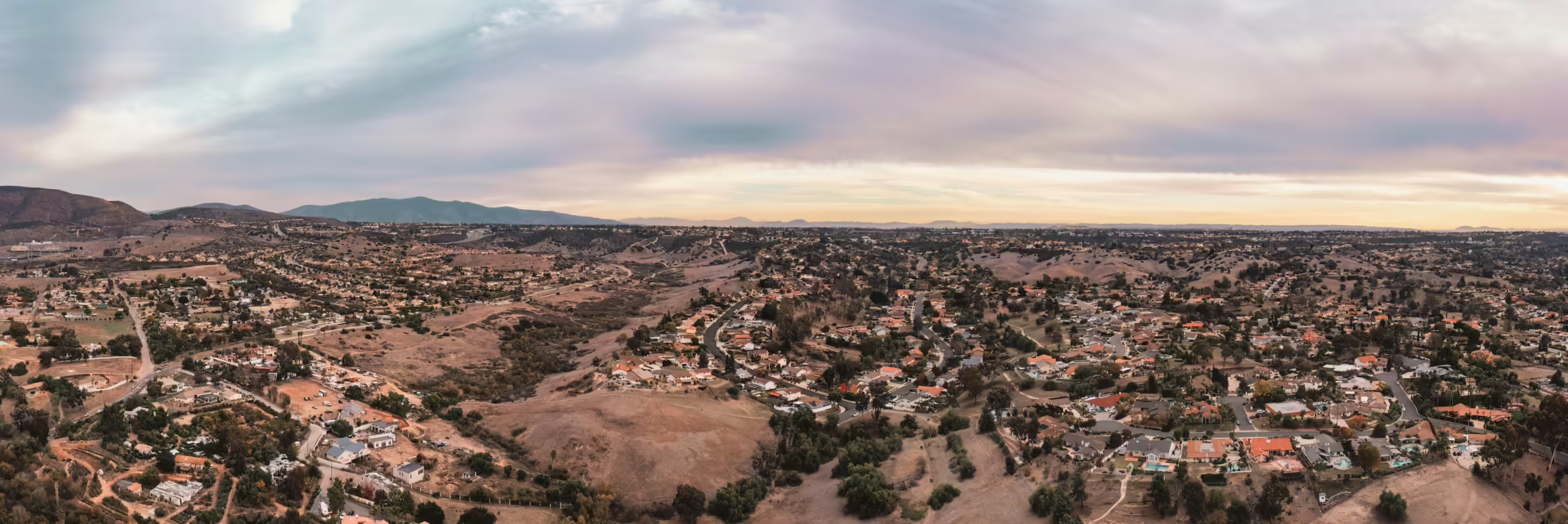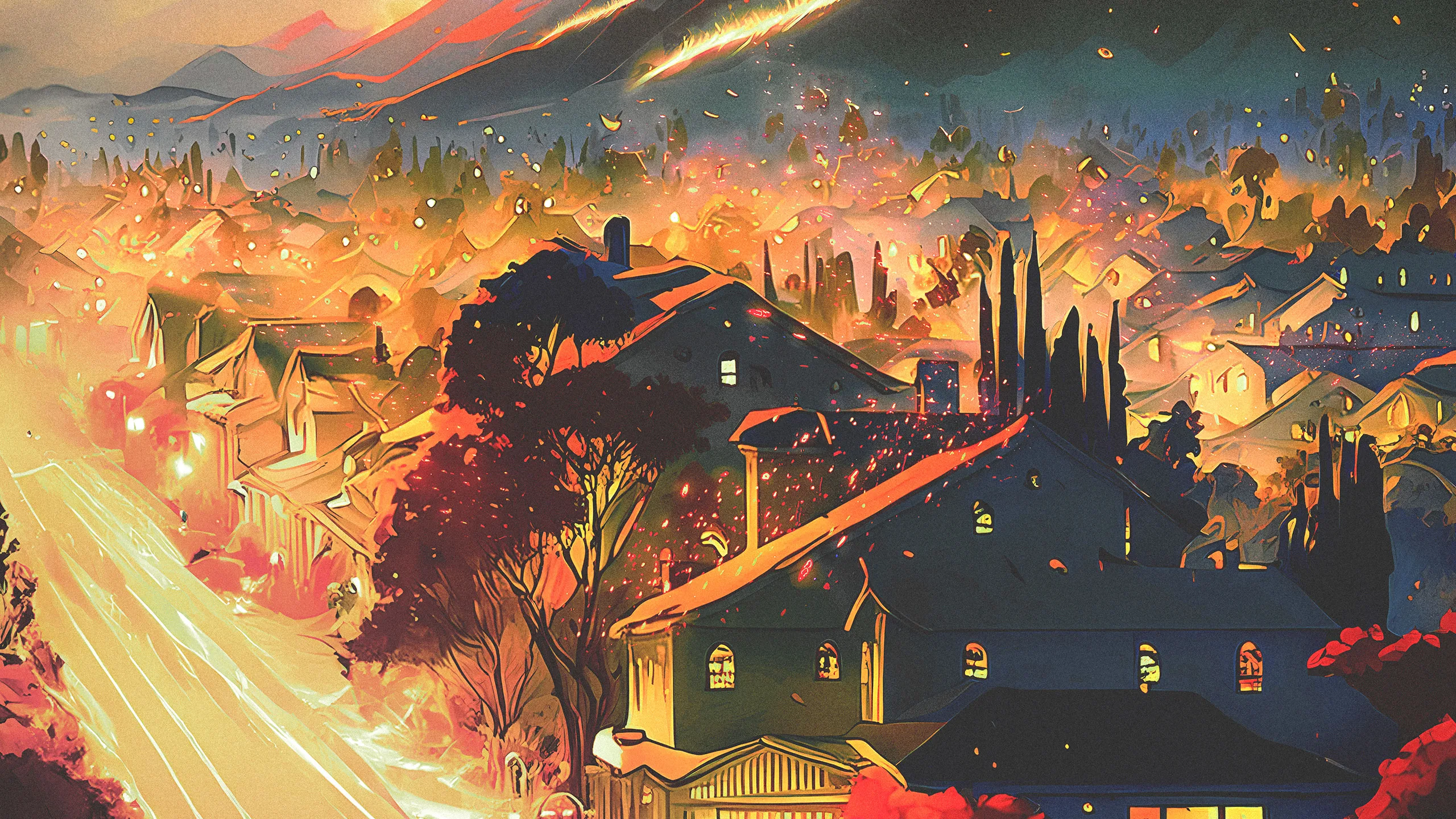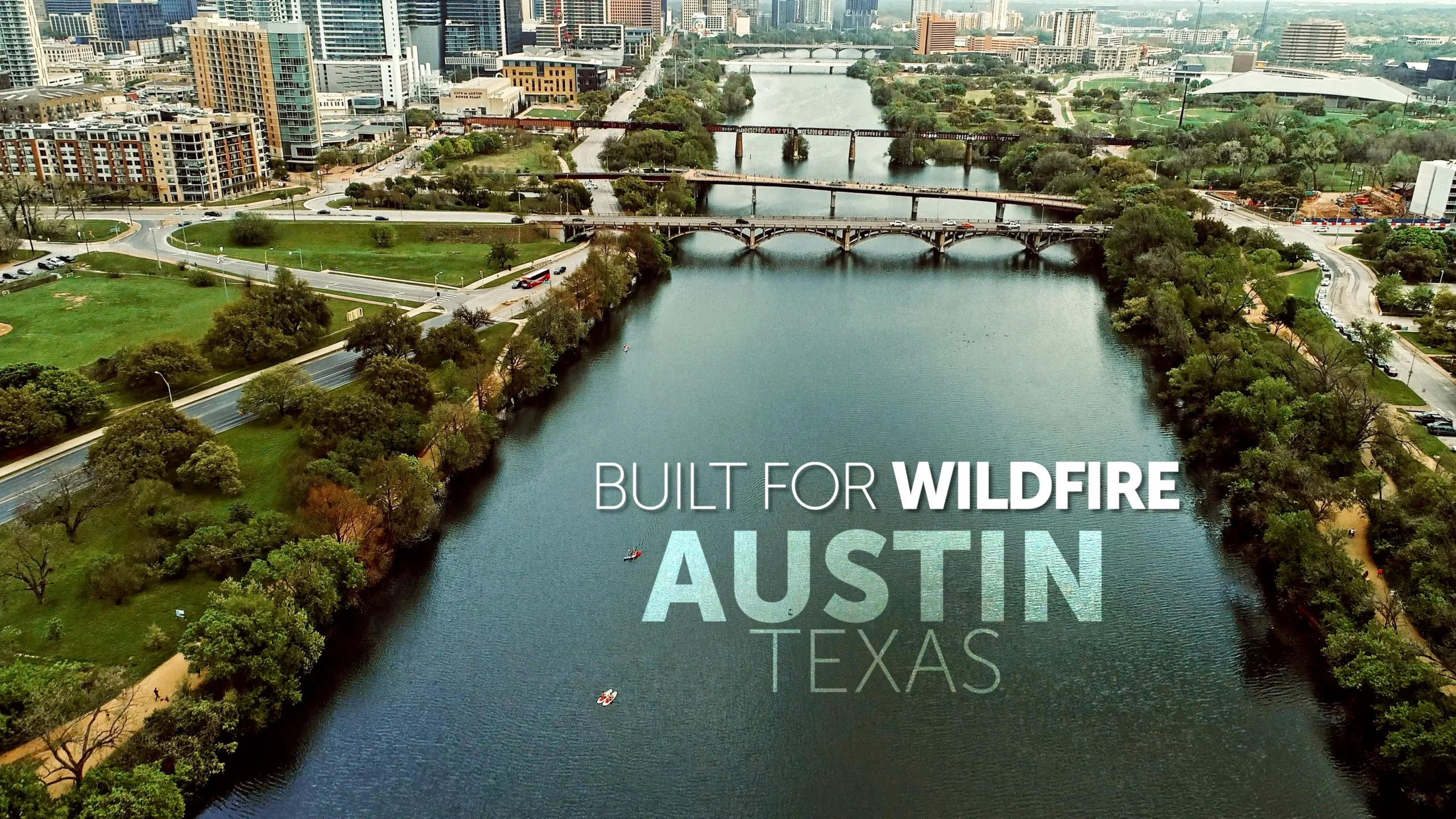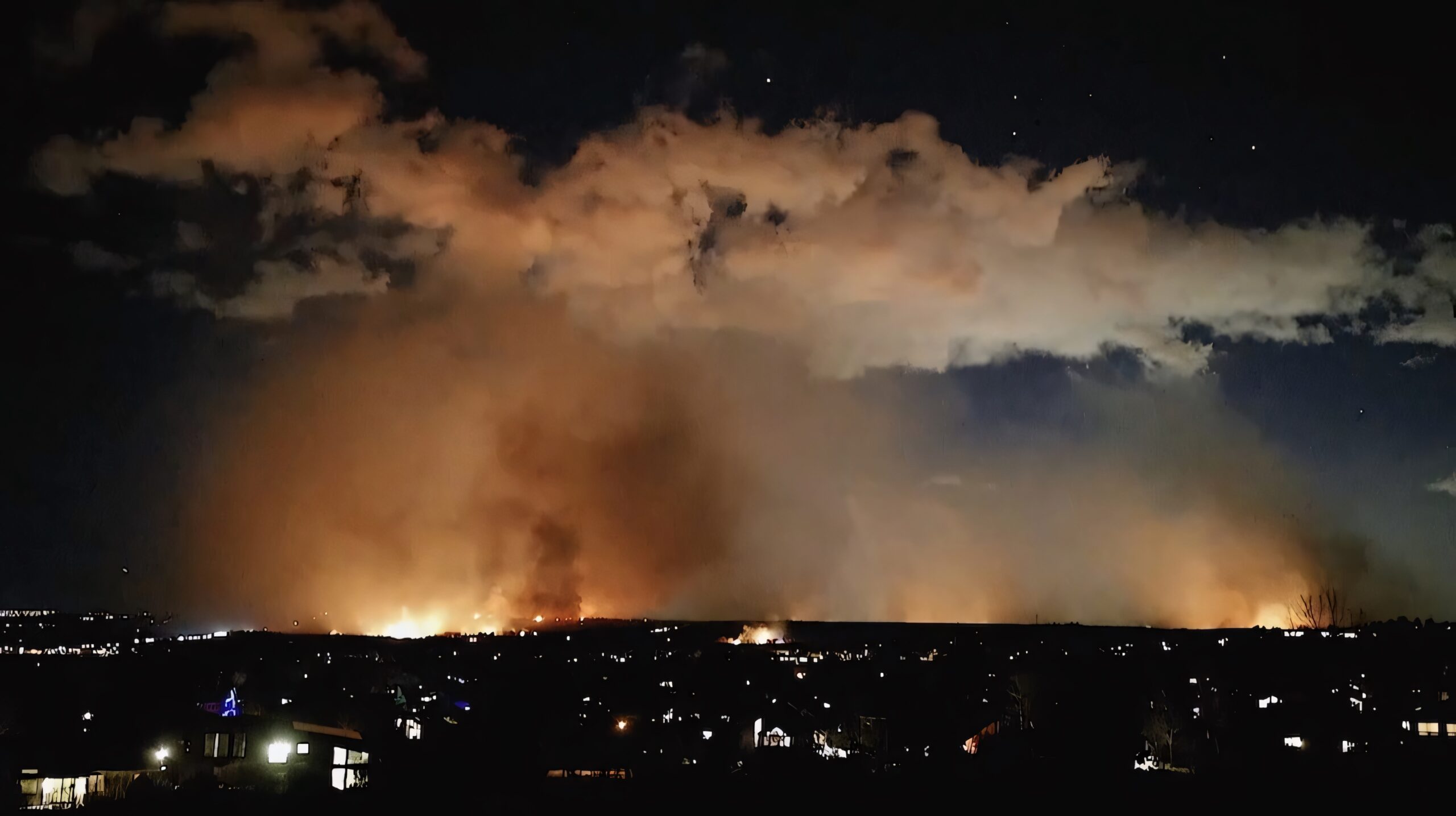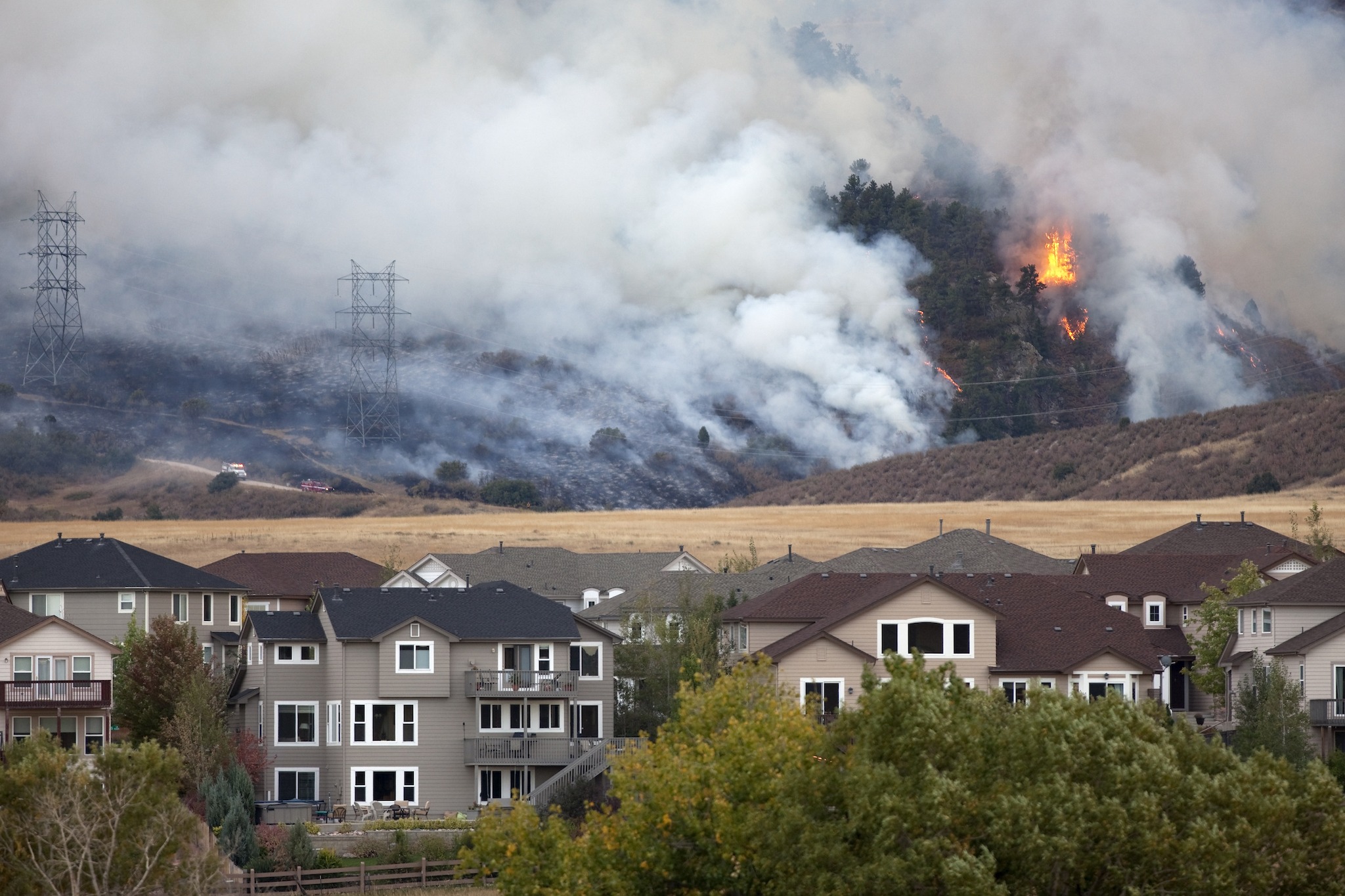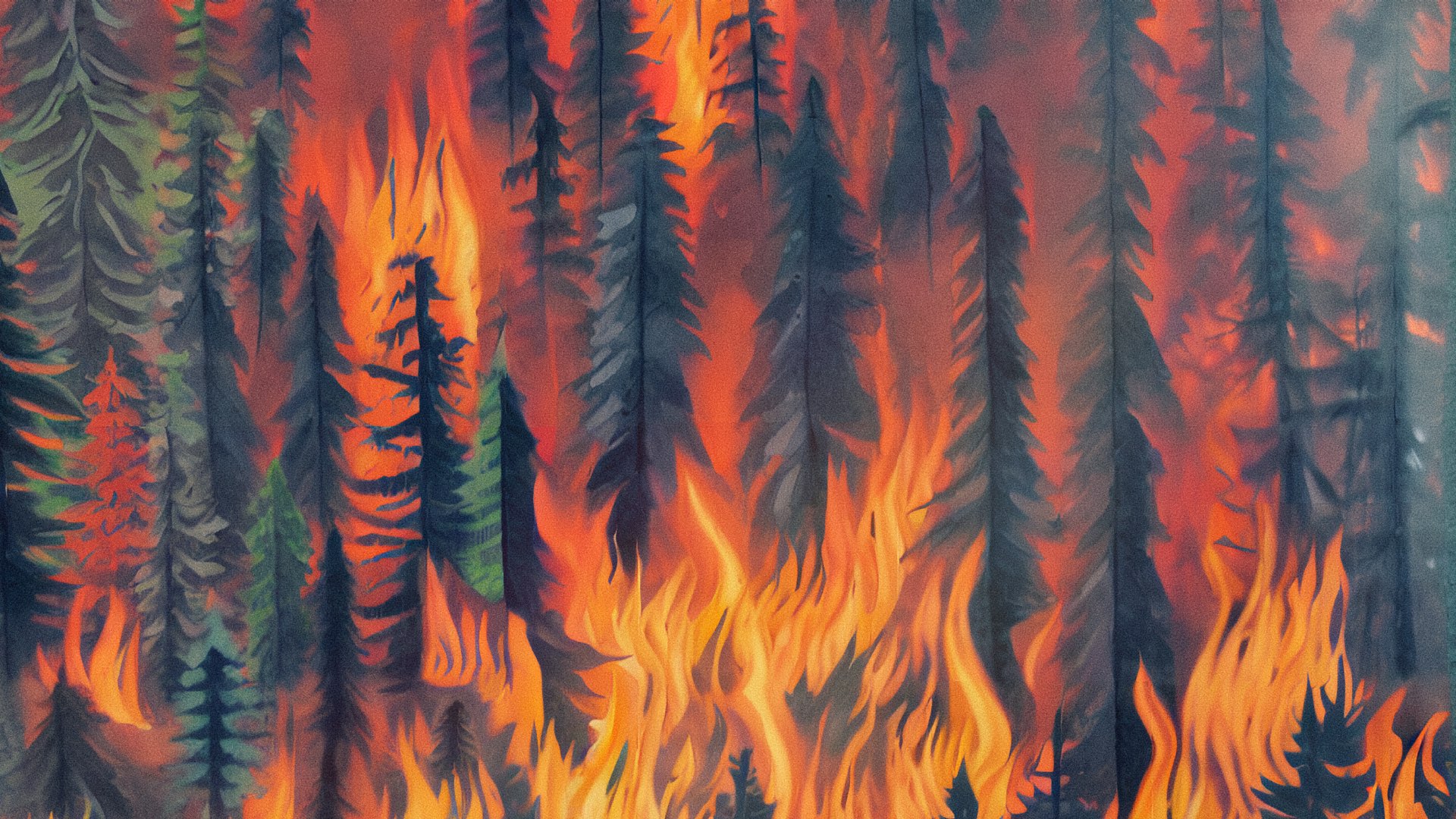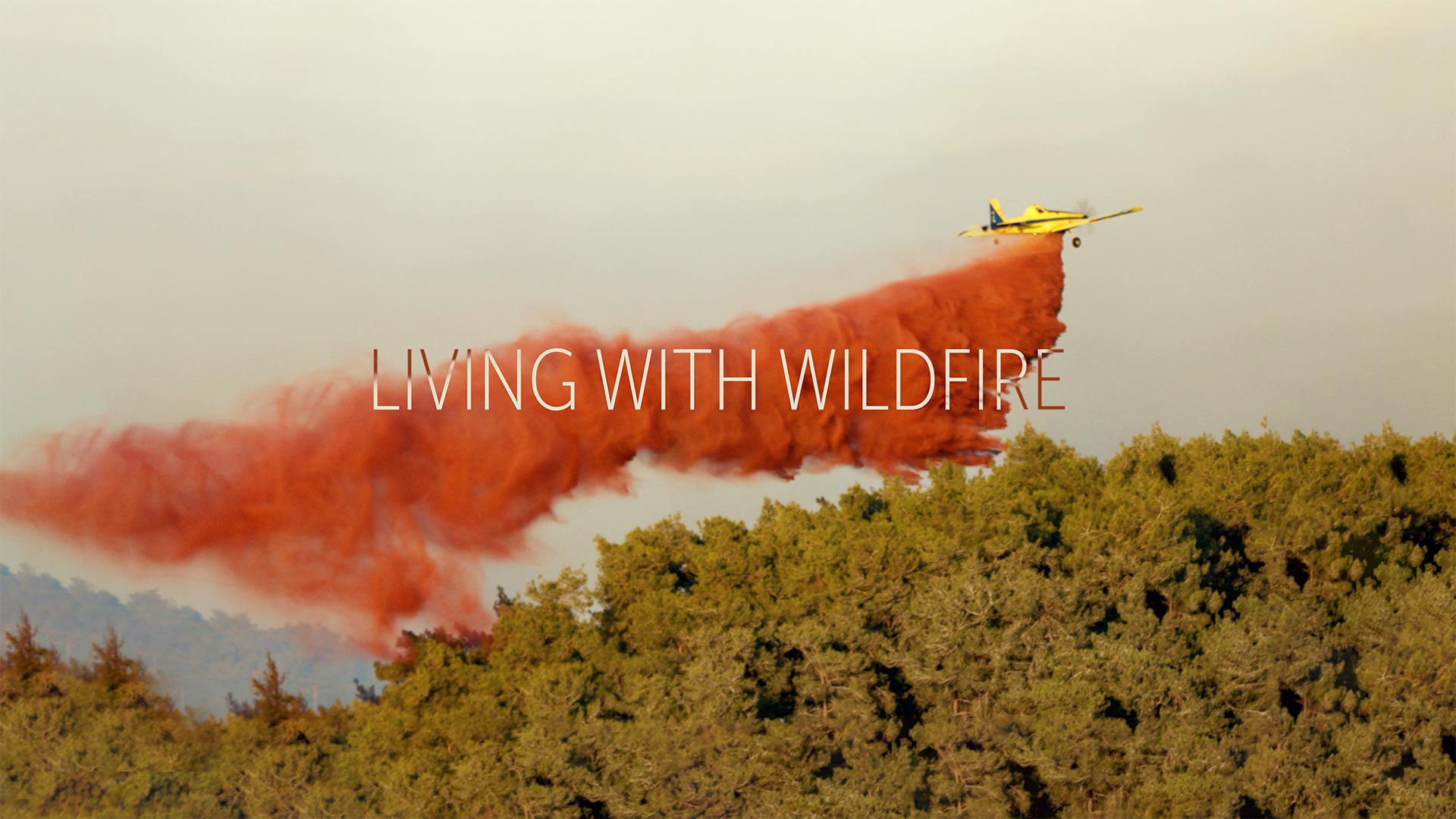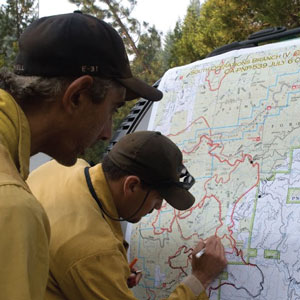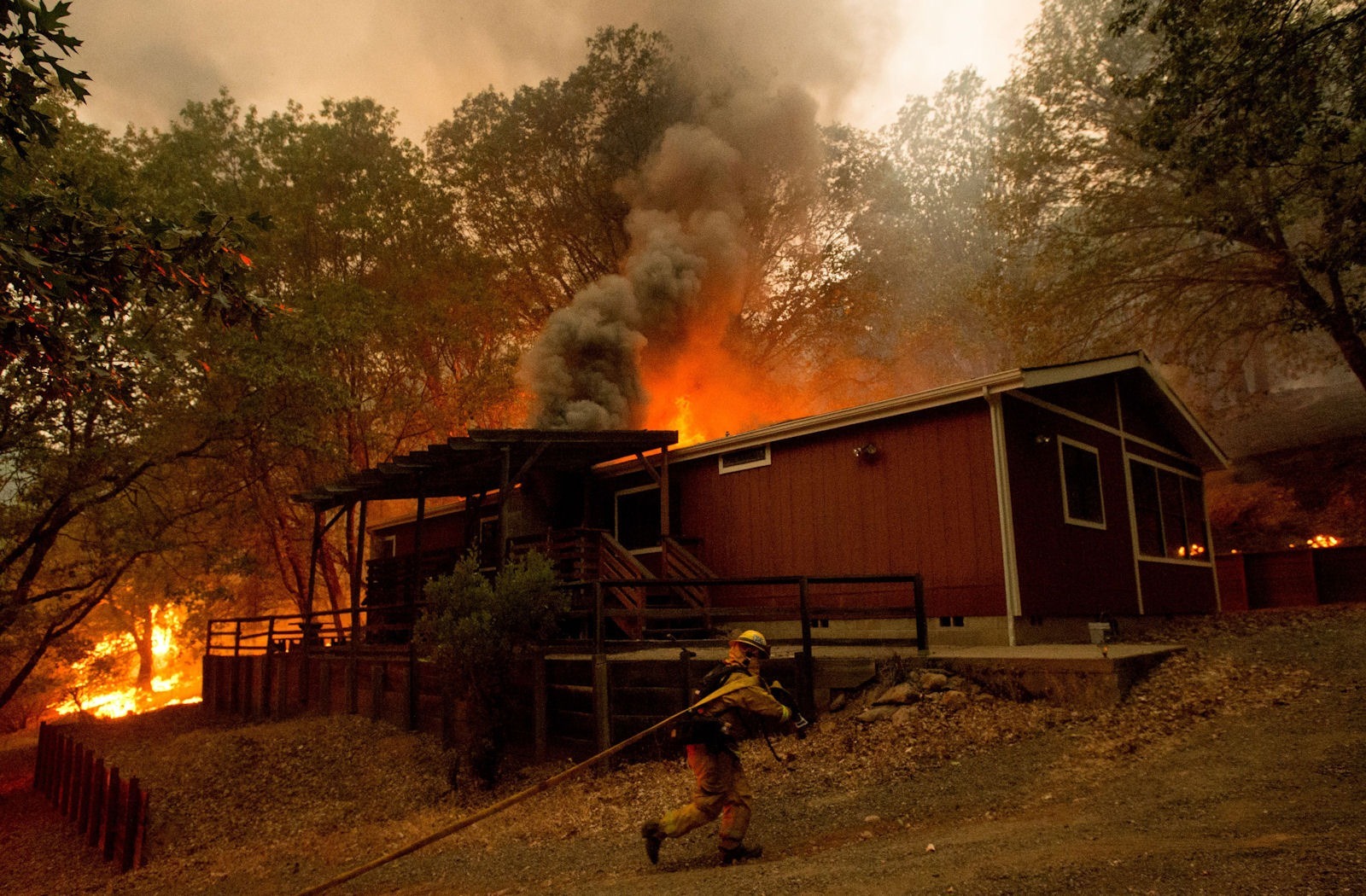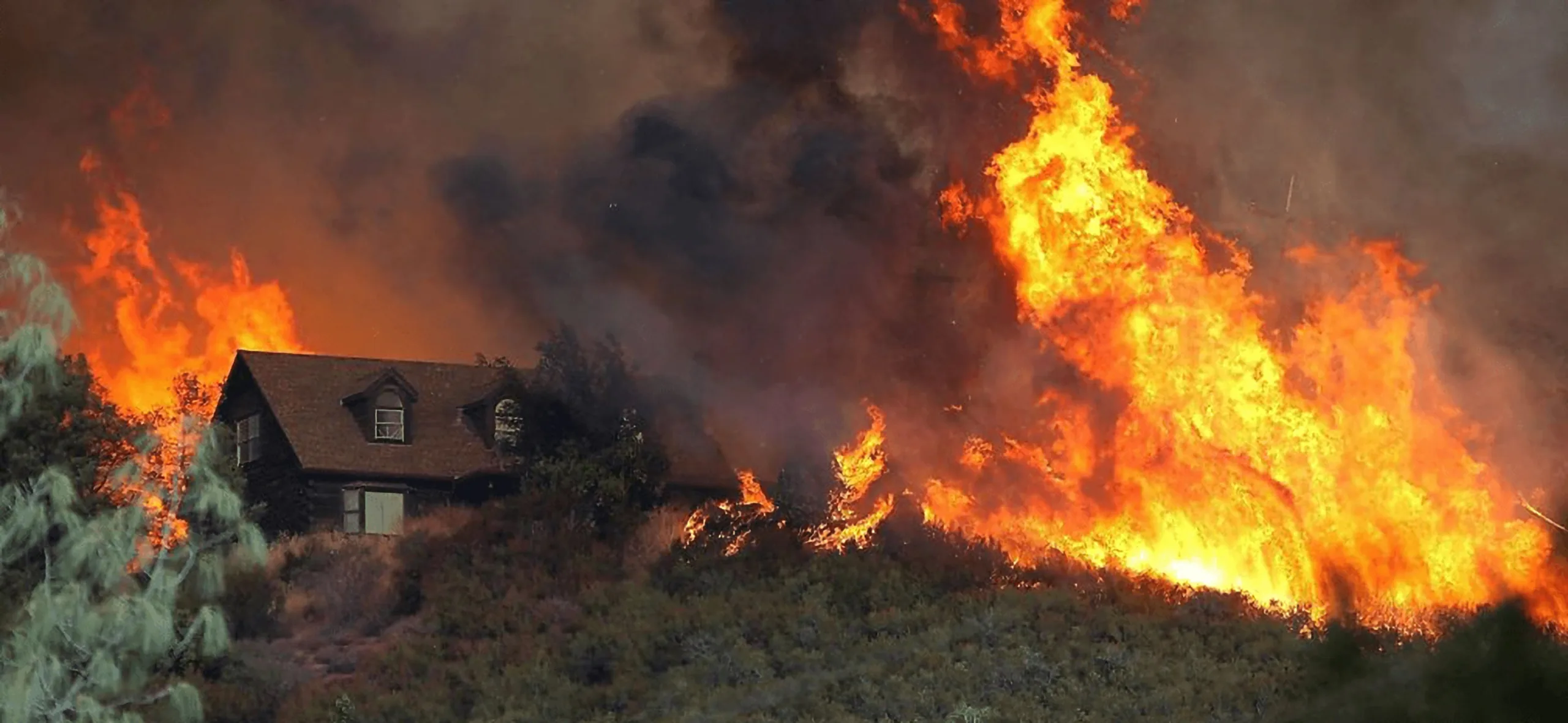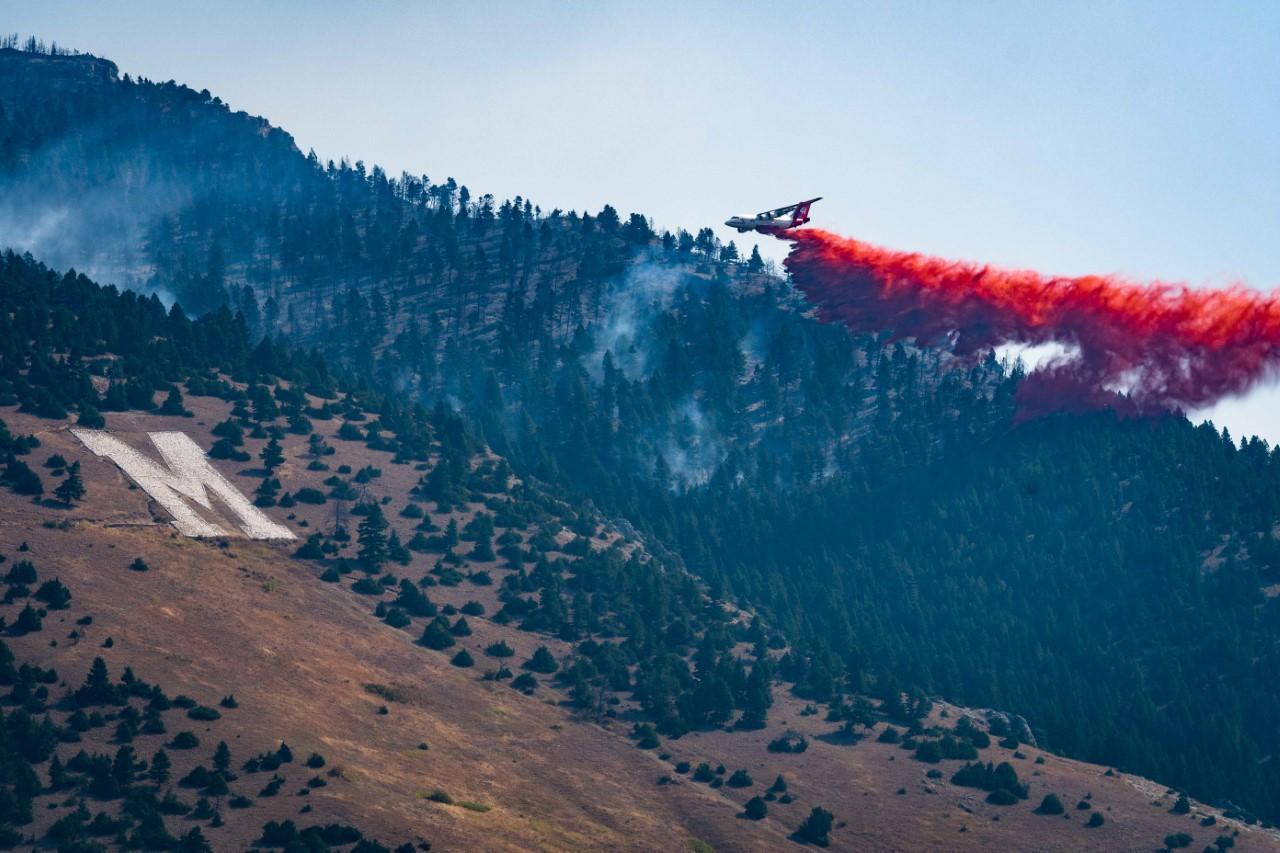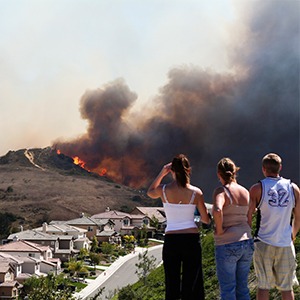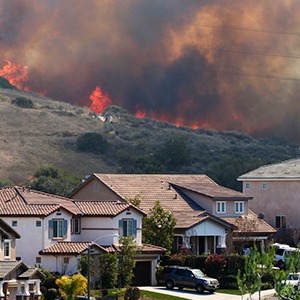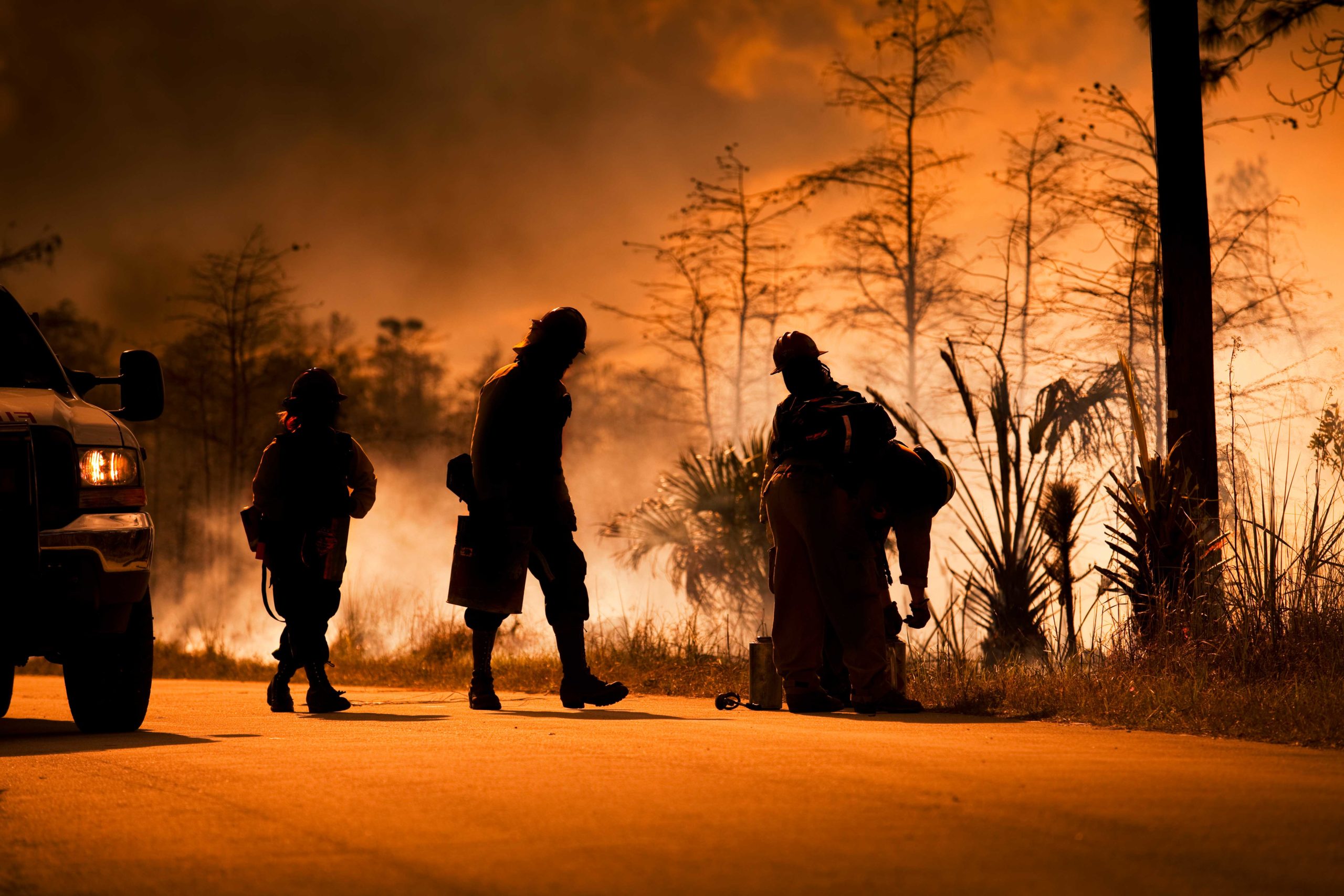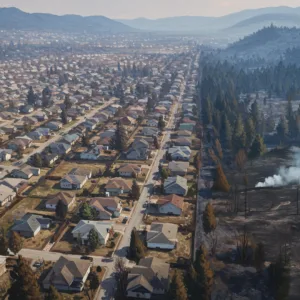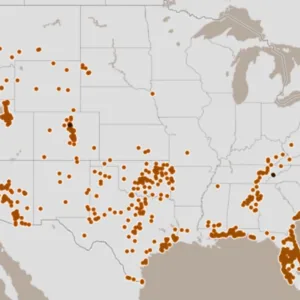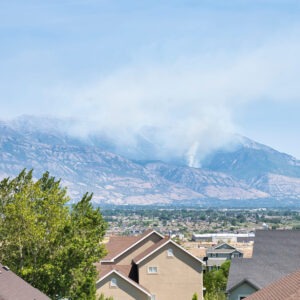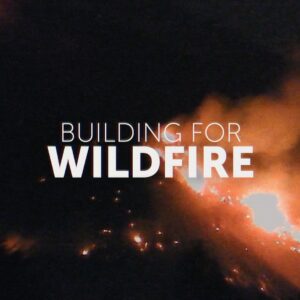Born and raised in Montana, Dr. Kimiko Barrett (Kimi) has a deep interest in rural landscapes and the people who live there. She has a natural aptitude for connecting and energizing people in the pursuit of community resilience and climate adaptation.
Kimi is a committed agent of change in how we live with inevitable wildfires. Drawing on the expertise within the broad networks she has built, she has led research of national significance on topical issues such as the true cost of wildfires, the cost of building wildfire-resistant homes, and measuring wildfire impacts through structure loss. Her work has changed the national wildfire narrative and shaped new strategies for engaging communities on wildfire resilience.
Kimi managed Headwaters Economics’ Community Planning Assistance for Wildfire program for six years. In that capacity she worked with firefighters, land use and planning staff, government agency personnel, and elected officials in more than 80 communities across the country, helping them devise community-driven solutions to reduce wildfire risk and increase community adaptation efforts. Kimi’s experience with local-level efforts ensures that her research and policy work addresses real problems on the ground.
Uniquely positioned in the nexus of communities, science, and natural hazards, Kimi is regularly quoted by major media outlets. She is frequently interviewed by the New York Times, LA Times, Bloomberg, and Washington Post, National Public Radio, The Economist, the Associated Press, and Marketplace. And because of Kimi’s outstanding ability to engage diverse audiences, she is a sought-after speaker, regularly presenting at professional trainings, university seminars, community workshops, conferences, and congressional hearings. Kimi was recently appointed, served, and led efforts as a member of the Federal Wildland Fire Mitigation and Management Commission.
Kimi has had a lifelong interest in community cultures, social change, and science. Her professional career and her exceptional communication skills are built on the groundwork of academic degrees in political science and Japanese, forestry, and geography.

